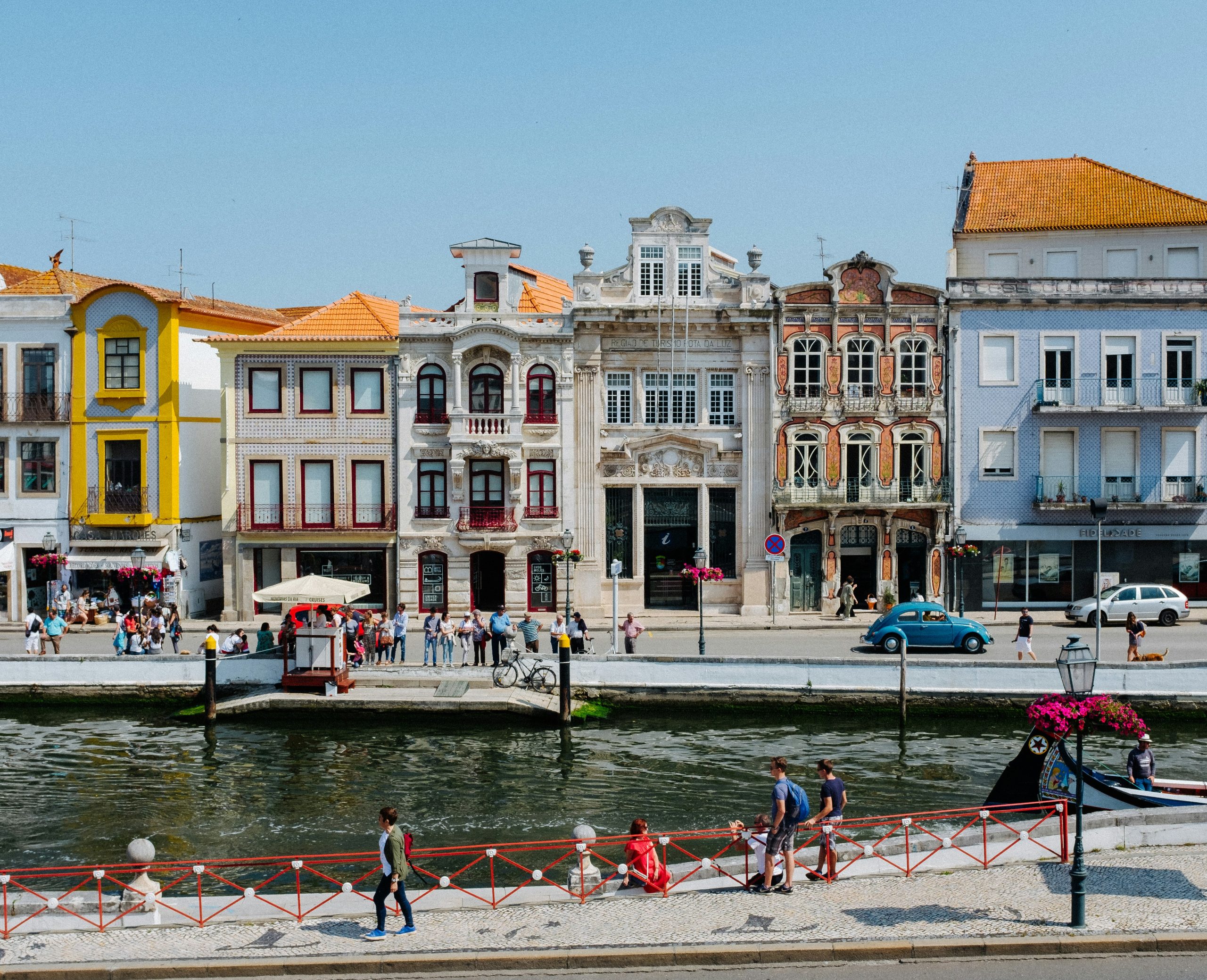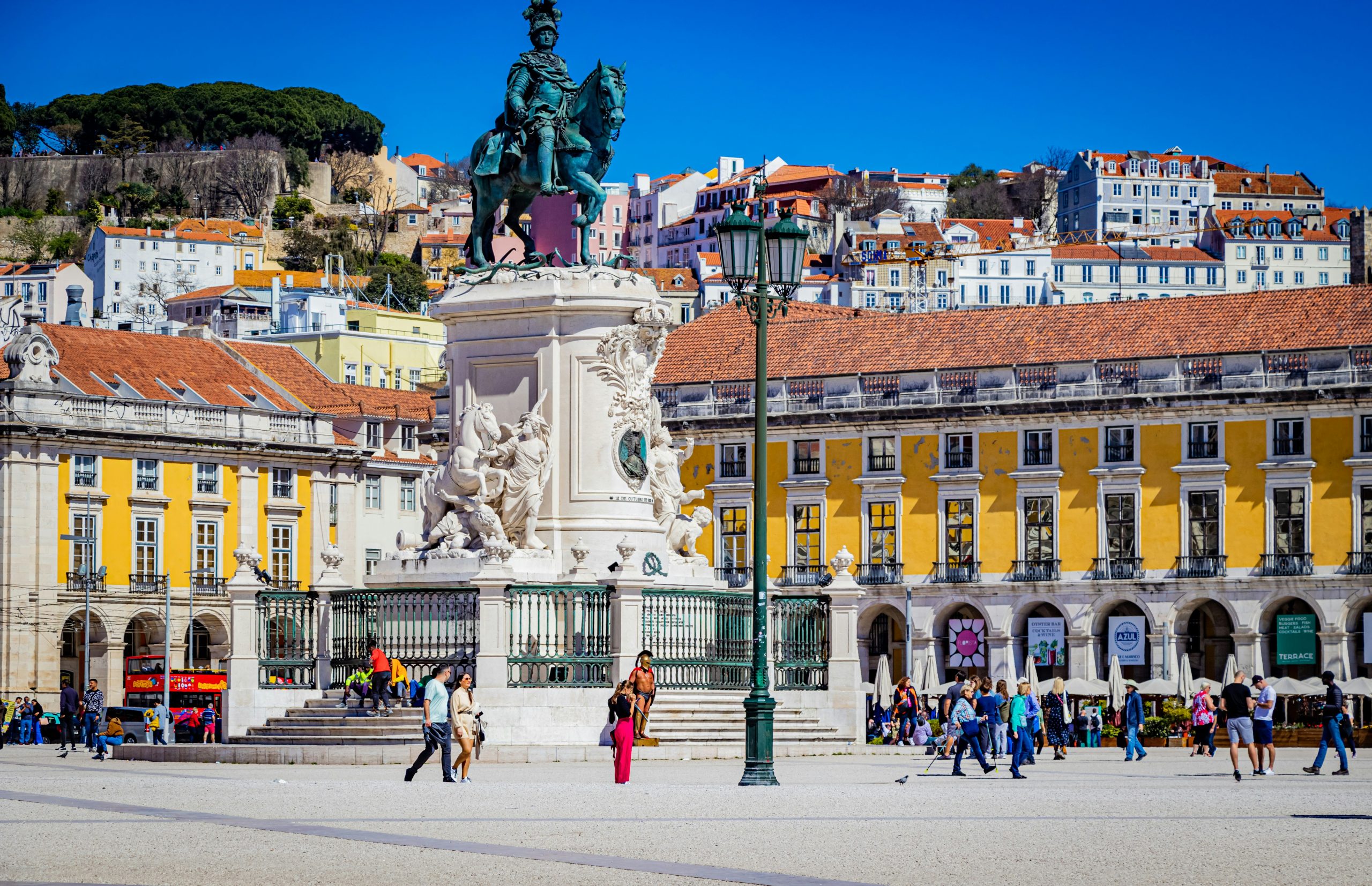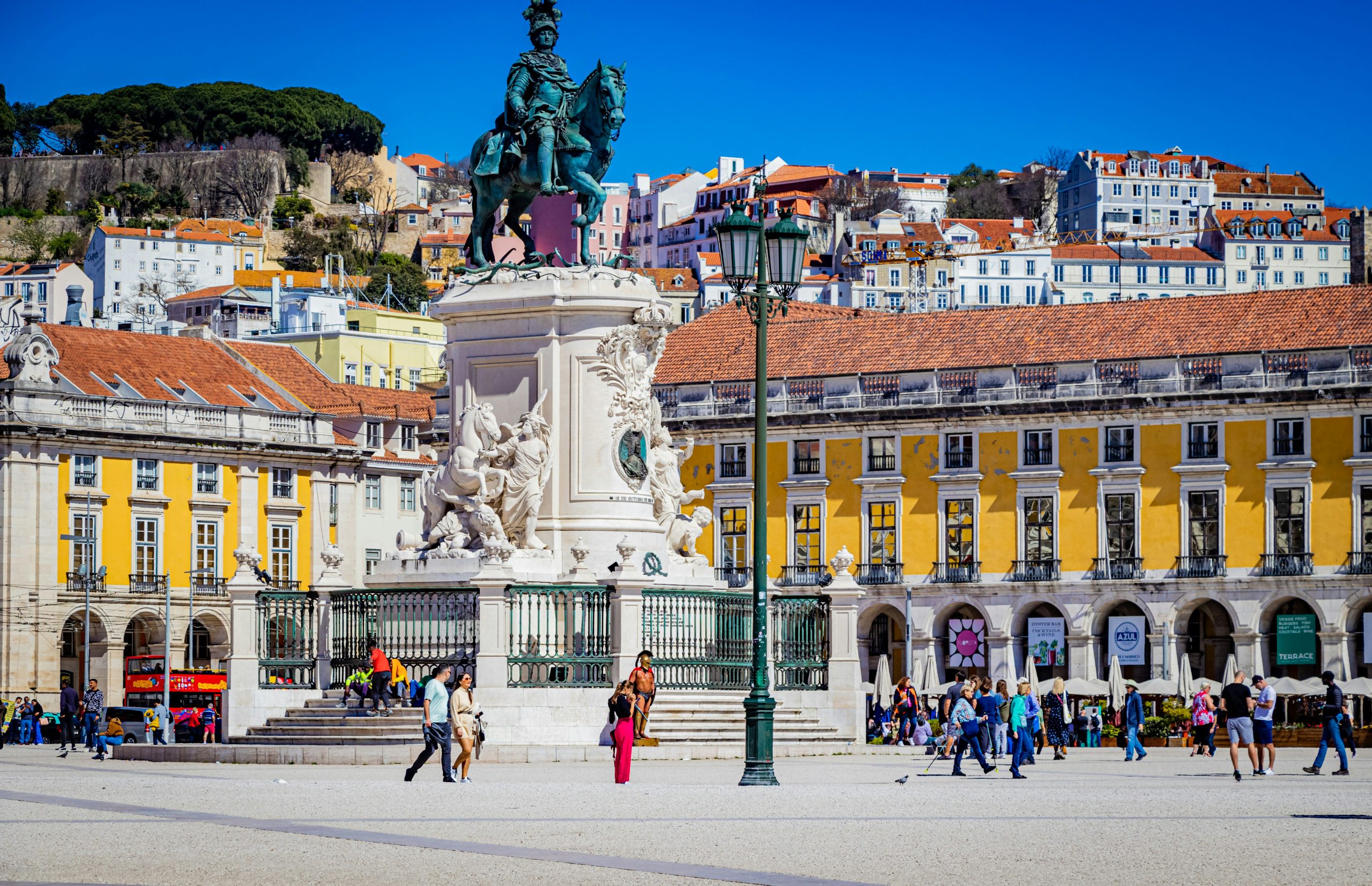For many affluent American families, the Portugal golden visa investment fund has become a smarter allocation strategy. In high-cost U.S. cities like New York, San Francisco, and Los Angeles, even substantial capital often translates into stress, administrative burden, and diminishing returns on quality of life. Sophisticated investors are starting to realize that the question is no longer whether they have enough capital, it’s whether that capital is deployed in jurisdictions that reward long-term planning rather than penalize it.
This growing tension has driven a sharp rise in private conversations around second residency. Not as an emotional exit plan, but as a financial and structural pivot toward optionality, legal flexibility, and intergenerational resilience.
The Hidden Cost of Domestic Wealth Concentration
Let’s step back. A $10 million apartment in Manhattan. A $5 million home in San Francisco. Private school tuitions exceeding $50,000 per year. Property taxes in the six-figure range. Healthcare costs spiraling despite concierge coverage. Private security increasingly normalized even in upper-tier suburban markets.
As Todd Cowan, Executive Director at private wealth manager W1M, put it during a recent conversation, “On paper, our clients have extraordinary freedom, but in reality, many feel like they’re constantly managing a machine that requires more and more of their time and energy just to keep running.”
And critically, U.S. global tax obligations follow these families regardless of domicile, adding layers of complexity as international income or family dispersion increases.
Why Portugal’s Fund-Based Residency Is Gaining Ground
Portugal increasingly offers a rebalancing mechanism. Through regulated portugal golden visa investment fund structures, globally mobile families are securing EU residency without abandoning U.S. citizenship or lifestyle control.
The fund pathway eliminates many of the administrative headaches that real estate once introduced into residency planning. Investors allocate capital directly into CMVM-regulated private funds, fully audited, with independent custodians safeguarding capital and third-party legal oversight protecting governance.
Since October 2023, Portugal’s Golden Visa program no longer accepts real estate or real estate-related fund investments. The fund-based route now requires investments of at least €500,000 in CMVM-regulated funds that focus exclusively on non-real estate sectors such as healthcare, renewable energy, technology, and agriculture.
As Zeev Fisher, a Lisbon-based international tax counsel, observes: “For American clients, Portugal’s fund-based residency model offers something that’s surprisingly rare, a fully legal, fully governed EU entry point that aligns with SEC and IRS compliance frameworks.”
How the Portugal Golden Visa Fund Route Becomes a Long-Term Asset
The portugal golden visa investment fund structure isn’t simply about immigration. It’s about jurisdictional diversification inside a governed, regulated financial framework. The €500,000 subscription minimum operates intentionally as a filter, ensuring that the sector remains institutional, not speculative.
Fund allocations are made across diversified sectors such as healthcare, renewable energy, private equity, and agriculture, allowing for economic alignment with Portugal’s core growth engines.
Why Quality of Life Still Counts
Portugal remains highly competitive on quality of life metrics. Public safety ranks among the highest globally. Healthcare remains world-class at a fraction of U.S. costs. International schools in Lisbon, Cascais, and Porto provide globally recognized curricula for families at a fraction of U.S. private tuition rates.
But for many clients, these are often secondary benefits. The core driver remains jurisdictional resilience, the ability to secure future pathways for children, manage risk across multiple regulatory environments, and insulate family capital from geopolitical volatility.
Legacy Planning with an EU Foundation
Where the conversation becomes even more relevant is in legacy planning. EU residency enables children and future generations to access global education markets, live and work freely across the Schengen zone, and unlock planning options that U.S.-only domiciled families simply don’t have.
As a client noted in a recent call: “The goal isn’t to leave America. It’s to ensure that family has options.”
Portugal’s Golden Visa fund structure makes that flexibility legally achievable while maintaining full reporting integrity with U.S. tax and compliance frameworks.
What Portugal Panorama Brings to the Table
At Portugal Panorama, we’ve built our platform inside this exact model: fully regulated, CMVM-supervised, independent custody, and third-party auditing, designed to serve global families seeking legal structures that preserve optionality while maintaining full institutional governance.
Wealth Preservation Through Jurisdictional Access
For affluent U.S. families, wealth is no longer simply about accumulation. It’s about maintaining control across jurisdictions, across generations, and across policy shifts that no single government controls. Portugal’s Golden Visa investment fund structure has become a disciplined, regulated tool inside that broader conversation.
In an increasingly polarized global environment, the families who act early—while these pathways remain open and well-regulated, are positioning their wealth not just for this generation, but for those who follow.





